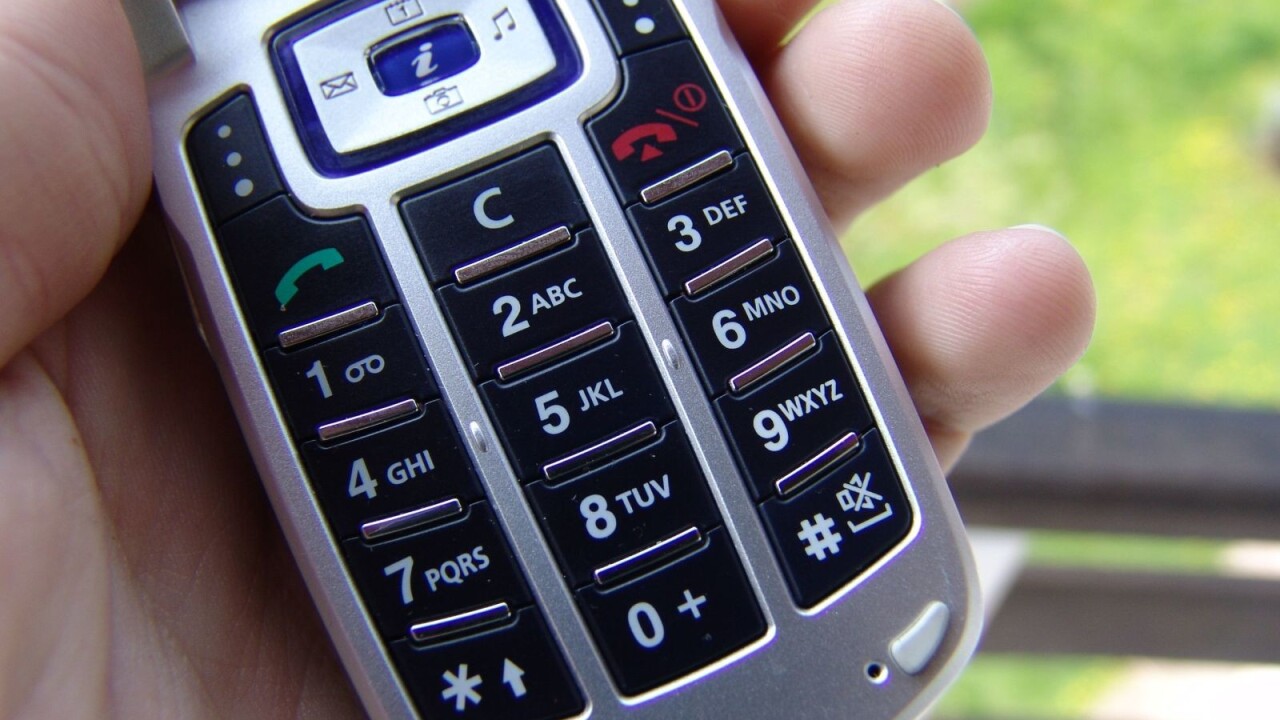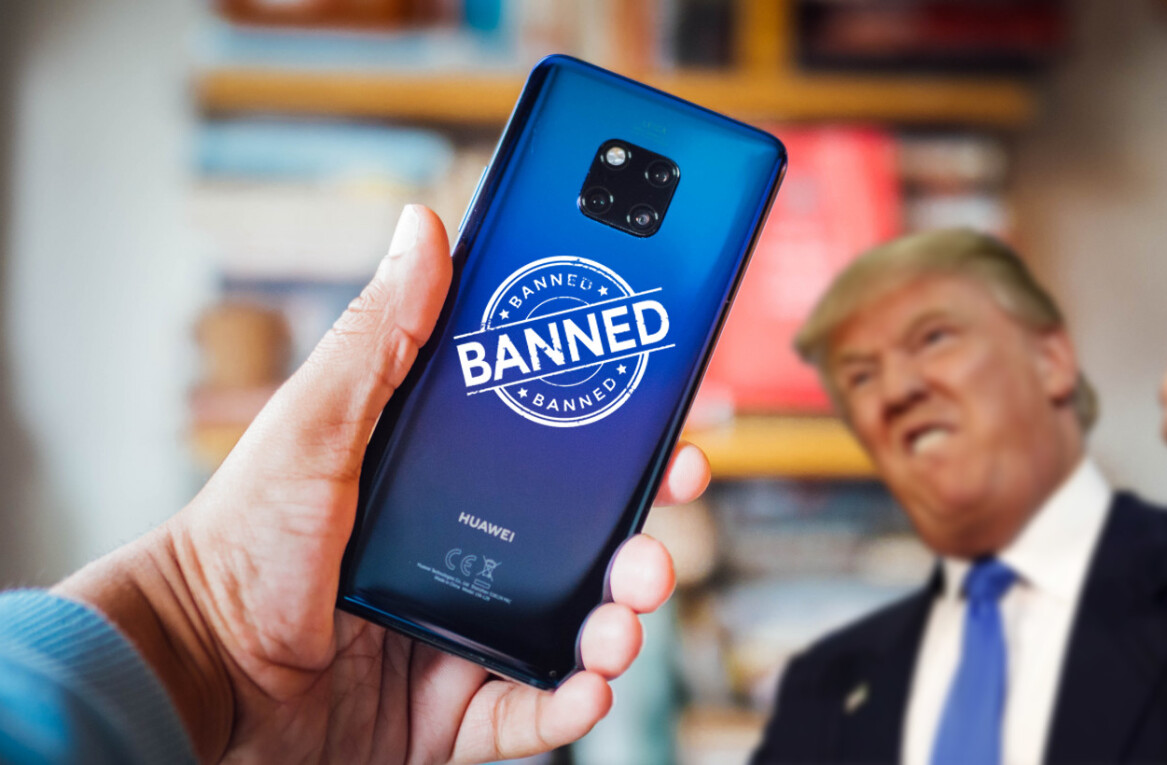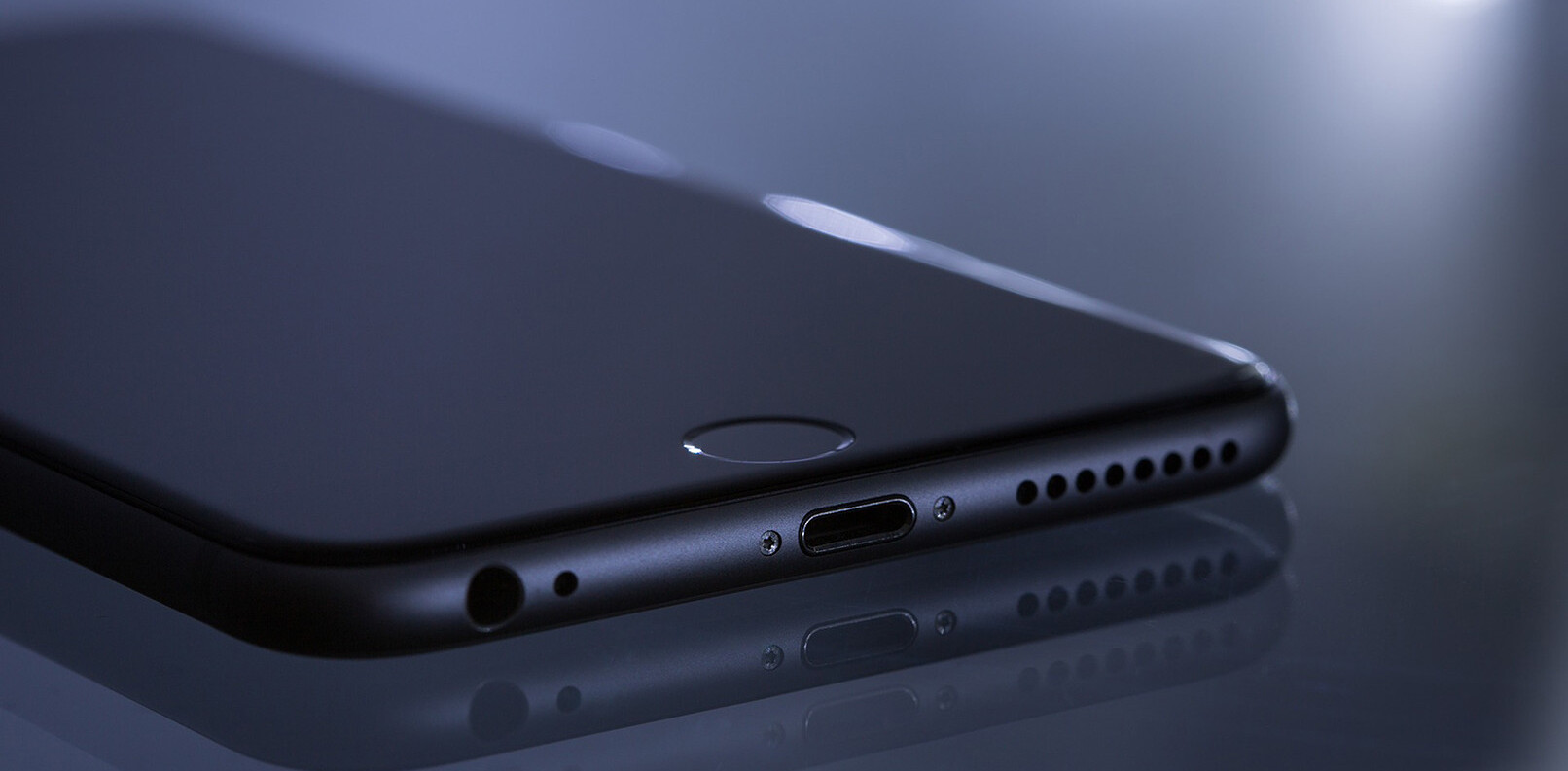
For the first time in 14 years, Samsung will pass Nokia in the global cellphone business (on an annual basis). At the end of 2012, Samsung will seize the mobile handset market’s top rank, while Nokia will drop down to second place.
More specifically, Samsung is expected to move from 24 percent of worldwide cellphone shipments in 2011 to 29 percent in 2012, according to iSuppli. Nokia’s share this year is estimated to drop from 30 percent last year to 24 percent this year; the Finnish company first grabbed the top spot in overall cellphone shipments for a full calendar year back in 1998.
While Nokia struggles with transitioning its product line from Symbian to the Windows operating system, Samsung is expected to post the best performance among the top five smartphone brands in 2012, with its share of global smartphone shipments rising 8 percentage points (from 20 percent in 2011 to 28 percent in 2012). Nokia will on the other hand suffer the biggest decrease, with its share forecast to plunge by 11 percentage points (from 16 percent in 2011 to 5 percent in 2012).
Here’s all the data you’ll want to take a look at:
As you can see, Apple is in third place for cell phones. When it comes to just smartphones, however, Apple is in second place and Nokia is in third. This is mainly because Samsung and Nokia sell both dumbphones and smartphones, while Apple only sells smartphones.
Samsung was ahead of Apple in 2011 by just 1 percentage point. In 2012, however, Samsung moved ahead decisively, widening the range of its Android smartphone offerings and thus increasing the gap between the two giant to 8 percentage points.
In 2011, the two companies accounted for 39 percent of smartphone shipments in 2011, while in 2012 they will own 48 percent of shipments in 2012. If that’s not a duopoly, we don’t know what is: they are the only two players that will each command a double-digit portion of the smartphone space this year.
“The competitive reality of the cellphone market in 2012 was ‘live by the smartphone; die by the smartphone,'” Wayne Lam, iSuppli’s senior analyst for wireless communications, said in a statement. “Smartphones represent the fastest-growing segment of the cellphone market—and will account for nearly half of all wireless handset shipments for all of 2012. Samsung’s successes and Nokia’s struggles in the cellphone market this year were determined entirely by the two companies’ divergent fortunes in the smartphone sector.”
In other words, as smartphones continue to replace dumbphones, Samsung will have to work very hard to maintain the top spot. It will have to ensure its cellphone users continue to buy smartphones from the company, or more generally, that it sells enough smartphones to offset the eventual decline in dumbphone sales.
In the meantime, dumbphones are still selling. iSuppli says global smartphone shipments are set to rise by 35.5 percent from 2011 to 2012, while overall cellphone shipments will increase by approximately 1 percent. The growth will propel 2012 smartphone penetration from 35 percent in 2011 to 47 percent in 2012.
Image credit: Stefan Vlad
Get the TNW newsletter
Get the most important tech news in your inbox each week.




